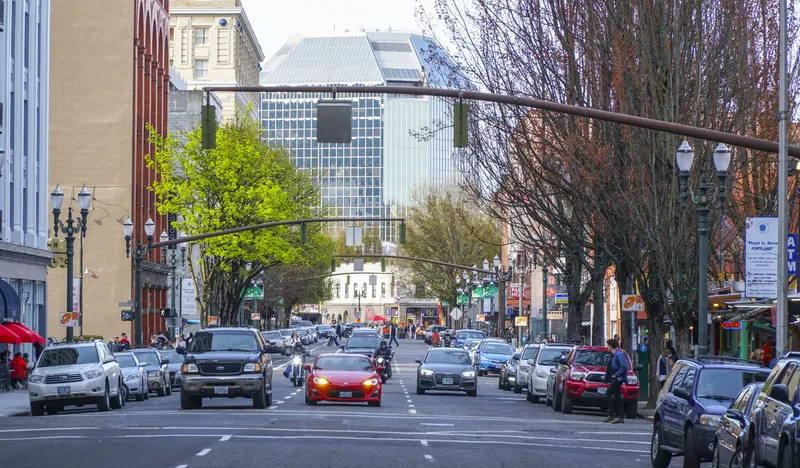
The Oregon Department of Transportation (ODoT) is testing new ways to fund transportation projects using the OreGo pay-per-mile system.
OreGo says on its website the system is fair because drivers only pay for the miles they drive and it does not rely on fuel for revenue.
Drivers will collect data for potential funding models over the next six months, including a time-of-day road charge pricing within the Portland Metro area.
The study also includes a time-of-day road charge pricing in two overlapping areas within Portland and Multnomah County and on specific highway corridors within the Portland Metro area.
Participants can earn up to $450 if they plug a device into their vehicle (OBD-II port), drive that vehicle around the Portland Metro area, and answer questions about their experience.
Michelle Godfrey, ODoT education and outreach coordinator, told ITS International the questions will provide an understanding on how drivers interact with the system.
“One thing that is very apparent is that public opinion on road charging is a significant factor in getting policy implemented, getting legislation passed and all that,” she continues.
“So we want to be sure that we're designing a system and we're designing technologies that are really user-friendly.”
Participants will be asked whether they found the invoices and charges easy to understand.
“We're curious to get into people's heads as far as how they're making decisions about how they travel and how they drive. Because that will help us better design a system that's going to not only manage maintenance of the roads, but also potentially congestion,” she adds.
ODoT will report the data and feedback collected through the pilot to the Oregon Legislature and the Federal Highway Administration.
In 2001, the Oregon Legislature identified the downward trend in transportation funding and established Oregon’s Road User Fee Task Force to investigate alternatives to the traditional gas tax.
ODoT received direction from the Oregon Legislature to design and conduct programmes in 2006 and 2013 to test a per-mile charging system, resulting in the launch of OreGO in 2015.










